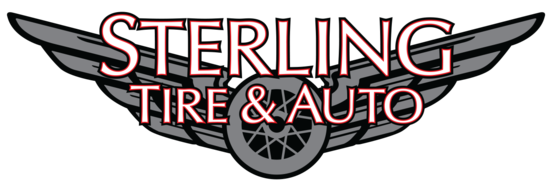It's Brake Time (Brake Calipers)
January 24, 2021
Race car drivers have demonstrated the advantages of disc brakes, so most modern vehicles use them. Sometimes just the front wheels have disc brakes, but many vehicles now have them all the way around.
A major component of the disc brake is called a caliper. It works by squeezing brake pads against the disc or rotor, kind of like a bicycle hand brake. The brake pads themselves are what contact the rotor, causing friction to build and the wheel to slow down, but it's the calipers that apply the pressure to the pads.
Caliper design has evolved over the years, and there are two common types. One is called a floating caliper. It has one or two pistons on one side of the disc. When you push down the brake pedal, the piston or pistons in your caliper put pressure on that one side. A mechanism connected on the other side of the disc applies pressure as well, squeezing your disc so the vehicle stops. Floating calipers are less expensive since they have fewer parts.
The other type is called a fixed caliper. They use pistons on both sides of the disc, sometimes several. They are often used in more high-performance or heavy-duty vehicles.
Calipers can have rubber seals to keep out dirt, debris and moisture, but when that rubber wears out, sometimes the calipers can get contaminated. They can stick or start leaking; they can even rust. Then your caliper can get stuck applying that "squeeze" when you are not pressing on the brake pedal. Or they can get stuck in the other position, not applying stopping power when you press the pedal.
When this happens, it's not unusual to feel your vehicle pull to one side when you brake. You might notice a burning smell from the constant friction if the caliper is stuck on, plus you may feel the heat from the wheel after you park and get out of your vehicle. Sometimes you'll hear a high-pitched sound or clunk if your calipers are binding up.
That's your cue to have them checked out at your vehicle service center. If your calipers aren't working correctly, it can be a safety hazard. Sticking calipers can affect your ability to steer and stop; this is the kind of "brake time" you need so you can get them back on track and working properly.
Sterling Tire & Auto
34701 Van Dyke Rd
Sterling Heights, Michigan 48312
586-264-7775
Need Service?
More articles from Sterling Tire & Auto

Steering You Right (Power Steering Fluid Service)
April 20, 2025
Its important for safe driving that two of the most important systems in your vehicle work right. One is the brakes. The other is the steering. Nearly all vehicles on the road have some sort of power steering that allows you to direct a very heavy machine with little effort. There are two ty... More

Your Vehicle is Talking to YOU (Service Warning Signs)
April 13, 2025
Your vehicle may be like that famous battery bunny, the one that just keeps going and going. But while it may seem sometimes like you never need to take your vehicle in to be worked on, there are some things you should keep your eyes, ears and nose out for. They are warning you about something t... More

Why did my vehicle fail its emissions test?
April 6, 2025
We all want to breathe clean air and keep our planet green. One of the ways to do that is by requiring all vehicles with internal combustion engines to pass an emissions test. Thats because these vehicles can be big polluters. Everyone wants their car to pass the test so they can continue the... More








